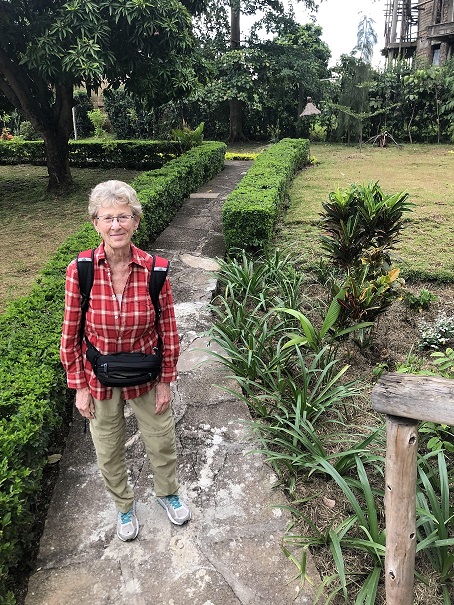One Woman’s Story of Surviving COVID-19 at Age 78
The COVID-19 virus is still circulating in the U.S. and millions of people are still testing positive. Thankfully, most who come down with COVID-19 don’t have to be hospitalized. Even so, for many the symptoms can be extensive and recovery can take weeks or months.
Listen to one woman’s COVID-19 experience, including the palliative care she received that helped keep her at home, and how she coped through six weeks with more than a dozen different and debilitating symptoms.
This is Bobye’s story.
Bobye List called her doctor in late March 2020 reporting low energy, alternating sweats and chills, and a temperature close to 102 degrees Fahrenheit. She’s in her 70s and lives alone in New York City. Since Bobye did not have shortness of breath, chest pain or a cough, the doctor advised her to stay at home, monitor the symptoms and stay in touch. Bobye also benefited from palliative care specialists, a medical field she knows about through her professional role. The palliative care doctors checked in to see if she had symptoms of particular concern, if she felt ok being alone, and whether she was able be in touch with her family.
Because of the medical support she had, Bobye says she never felt scared or alone. And she now has an even deeper appreciation for the practice of devoted and dedicated palliative care providers. Visit GetPalliativeCare.org to learn more about palliative care.
COVID-19 Safety Reminder
Those who already live with serious illnesses should continue taking steps to avoid the risk of catching the infection by following all health and safety guidelines. The virus is still circulating and if you have more than one risk factor, catching the infection can lead to severe complications. The virus is spread through person-to-person contact, via respiratory droplets produced when an infected person coughs, sneezes, or even simply talks.
It’s not always clear if someone is infected, so the U.S. Centers for Disease Control advises that individuals in higher risk groups maintain health and safety practices. These include proper and frequent handwashing or use of hand sanitizer, wearing face coverings in public, and physical distancing with anyone outside of your immediate quarantine circle. Visit the COVID-19 information pages at GetPalliativeCare.org to learn more.

